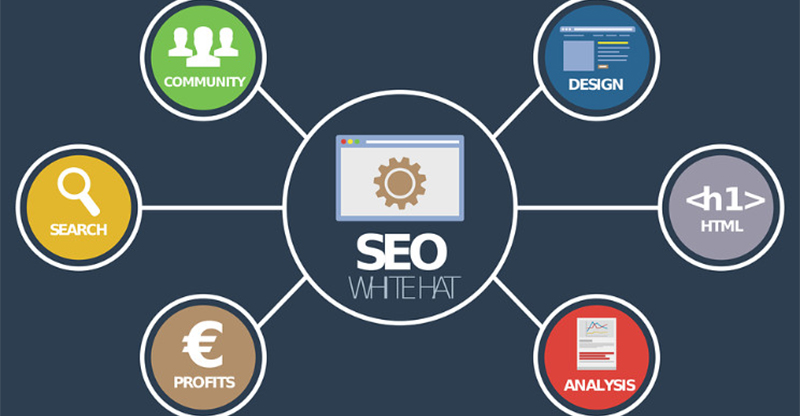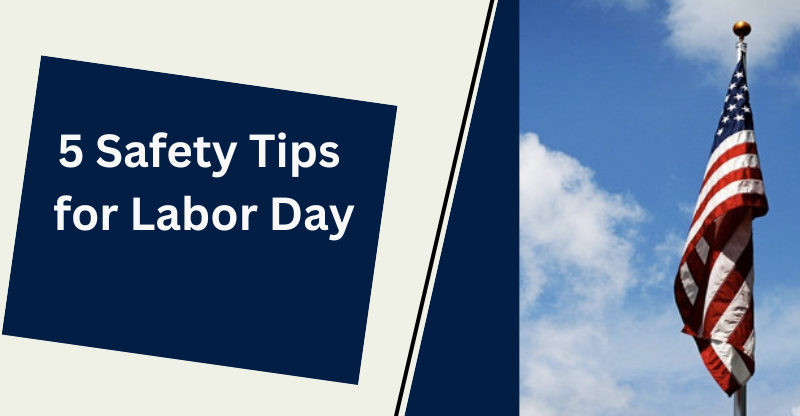On-page SEO is crucial for optimizing individual web pages to rank higher in search engine results and drive more organic traffic. It involves optimizing both the content and HTML source code to improve the overall user experience and make your website search engine friendly.
On-page SEO refers to the optimization techniques applied directly on your website, such as content, meta tags, and URL structure. Off-page SEO, on the other hand, involves external factors like backlinks, social media, and online reputation. Both on-page and off-page SEO work together to improve your website’s visibility and rankings.
Goals of on-page SEO
The primary goals of on-page SEO are to:
- Improve search engine rankings
- Increase organic traffic
- Enhance user experience
- Boost conversions
On-Page SEO Fundamentals
Crawlability and indexability
Crawlability and indexability are essential for search engines to discover, understand, and rank your content. Ensure that your website is accessible to search engine bots, and use tools like robots.txt and XML sitemaps to control and guide their crawling.
Meta tags and title tags
Meta tags and title tags provide valuable information to search engines about your web pages. Optimize your title tags with targeted keywords and create compelling meta descriptions to improve click-through rates from search engine results pages.
URL structure and optimization
A clean and descriptive URL structure helps both users and search engines understand the content of a web page. Use keywords in URLs, keep them short and readable, and utilize hyphens instead of underscores to separate words.
Content Optimization
High-quality, unique content
Creating high-quality, unique content is the foundation of on-page SEO. Focus on providing value to your audience by addressing their needs and questions with well-researched, engaging, and informative content.
Keyword research and targeting
Perform keyword research to identify relevant and high-value keywords for your target audience. Use these keywords strategically throughout your content, including headings, body text, and meta tags. Avoid keyword stuffing, as it can negatively impact your rankings.
Content formatting and structure
Organize your content with proper formatting and structure to enhance readability and user experience. Use headings, subheadings, bullet points, and short paragraphs to break up long blocks of text. This also helps search engines understand the hierarchy and importance of your content.
Optimizing for search intent
Understand the search intent behind the keywords you target, and create content that fulfills the user’s needs. This may involve providing in-depth information, answering questions, or offering solutions to problems.
Multimedia integration: images, videos, and audio
Incorporate multimedia elements like images, videos, and audio to enrich your content and keep users engaged. Optimize these elements with relevant file names, alt tags, and captions to improve your on-page SEO.
User Experience and Engagement
Mobile-friendliness and responsive design
Ensure that your website is mobile-friendly and uses responsive design to provide an optimal user experience across all devices. Mobile-friendliness is a crucial ranking factor for search engines, as more users access the web through mobile devices.
Site speed and performance optimization
Fast-loading websites provide a better user experience and are favored by search engines. Optimize your website’s performance by compressing images, enabling browser caching, and using a content delivery network (CDN).
Internal linking and navigation
Internal linking helps users navigate your website and enables search engines to discover and index your content. Use descriptive anchor texts and link to relevant content within your site to enhance user experience and improve on-page SEO.
Social sharing buttons
integration Include social sharing buttons on your web pages to encourage users to share your content on social media platforms. This increases your content’s visibility and can potentially attract more traffic to your website.
Advanced On-Page SEO Techniques
Schema markup and structured data
Implement schema markup and structured data on your website to provide additional information to search engines. This can help enhance your website’s visibility in search results through rich snippets and improve click-through rates.
Voice search optimization
Optimize your content for voice search by using conversational language and long-tail keywords. Voice searches tend to be more question-based, so consider incorporating questions and answers in your content to address user queries.
Featured snippets and rich results
Target featured snippets and rich results by creating concise, well-structured content that directly answers user questions. Use HTML tags like lists and tables to format your content and increase your chances of being featured in search results.
Topic clusters and pillar content
Organize your content into topic clusters and create pillar content that covers a broad topic in-depth. This helps establish your authority on a subject and can improve your website’s overall SEO performance.
Local SEO and geo-targeting
Optimize your website for local searches by incorporating location-based keywords, creating location-specific pages, and setting up local business listings. This can help you attract more targeted traffic and improve your visibility in local search results.
Monitoring and Improving On-Page SEO
Google Search Console and Analytics
Monitor your website’s performance using tools like Google Search Console and Google Analytics. These tools provide insights into your website’s organic traffic, search rankings, and user behavior, helping you identify areas for improvement.
On-page SEO audit and tools
Perform regular on-page SEO audits to identify and fix issues that may be impacting your website’s performance. Use SEO tools like Moz, SEMrush, or Ahrefs to analyze your on-page SEO and find opportunities for optimization.
Analyzing and learning from competitors
Analyze your competitors’ on-page SEO strategies to identify gaps in your own approach and discover new opportunities for improvement. Learn from their successes and mistakes to refine your on-page SEO techniques.
A/B testing and conversion rate optimization
Conduct A/B testing to experiment with different on-page SEO elements and find the most effective strategies for your website. Use the insights gained from these tests to optimize your website for higher conversions.
Conclusion
On-page SEO is an ongoing process that requires regular monitoring, testing, and updating to stay ahead of the competition and maintain high search engine rankings. Keep up-to-date with industry trends and best practices to ensure your website remains optimized for search engines and users.
While on-page SEO is essential for improving your website’s visibility and performance, it is only one aspect of a comprehensive SEO strategy. Balancing on-page and off-page SEO techniques will help you achieve the best possible results in search engine rankings and organic traffic.
Frequently Asked Questions
What is the difference between on-page and off-page SEO?
On-page SEO involves optimizing elements directly on your website, such as content, meta tags, and URL structure. Off-page SEO focuses on external factors like backlinks, social media, and online reputation. Both techniques are essential for improving your website’s search engine rankings and visibility.
How do I know if my on-page SEO is effective?
Monitor your website’s performance using tools like Google Search Console and Google Analytics. Look for improvements in organic traffic, search rankings, and user engagement to determine the effectiveness of your SEO efforts.
How often should I update my on-page SEO?
On-page SEO is an ongoing process that requires regular monitoring and updating. Perform periodic audits to identify and fix issues, and stay







